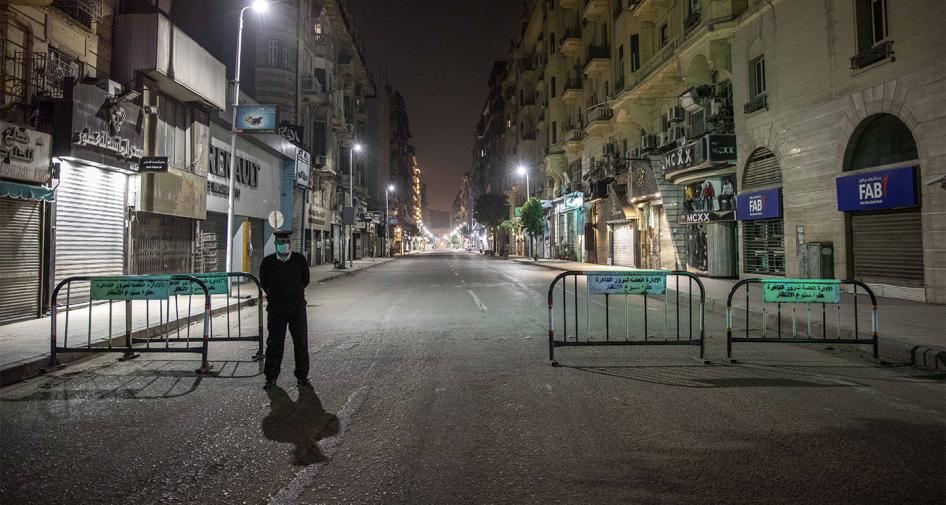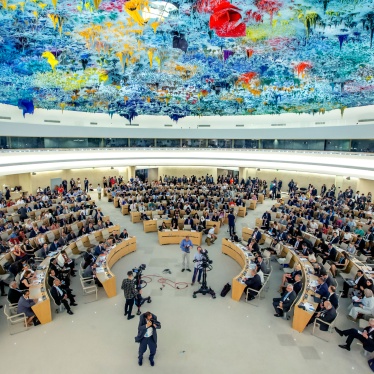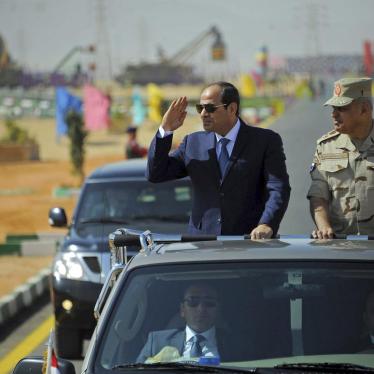The Australian government has rightly joined 30 other countries in condemning the deteriorating rights situation in Egypt.
The statement by the countries at the United Nations Human Rights Council in Geneva condemned “restrictions on freedom of expression and the right to peaceful assembly, the constrained space for civil society and political opposition, and the application of terrorism legislation against peaceful critics,” and called for “accountability and immediate end of impunity.”
Australian diplomats well understand Egypt’s dire human rights record, given experience dealing with two cases of Australians arbitrarily detained in Egypt. In 2013, Egyptian authorities unjustly prosecuted Australian journalist Peter Greste, who endured over 14 months in detention. Last year, Australian-Egyptian dual national Waled Youssef spent more than nine months arbitrarily detained in Egypt, before being eventually released and allowed to return home to Sydney last November.
Tens of thousands of prisoners in Egypt are held arbitrarily for peaceful acts of free expression, assembly, or association. Prison conditions are dire. UN experts, Human Rights Watch, and several other groups have long documented conditions inside Egypt’s prisons, where prisoners have died following abuse, torture, and inadequate medical care. The spread of Covid-19 in Egypt’s overcrowded prisons has only made things worse.
UN experts have warned these conditions endanger detainees’ lives, but Egyptian authorities refuse to allow independent monitors access to prisons and other detention facilities.
For years, civil society has warned the Egyptian government seeks to undermine human rights organizations and work. The recent arrests of senior staff of the Egyptian Initiative for Personal Rights (EIPR), and the freezing of their assets are only the most recent example of the Egyptian government’s determination to stymie human rights work. But the release of the three EIPR staff after two weeks does show the Egyptian government is sensitive to international pressure.
So, the joint Human Rights Council statement is an important step to put Egypt on notice that the world is watching and prepared to act if Egypt does not stop crushing dissent and undermining civil society.
The Australian government should continue to work with like-minded countries to keep up the pressure on Egypt to respect human rights, and release all those held for peaceful exercise of their rights.
Only through sustained and committed international action can we ensure the survival of the Egyptian human rights movement going forward.








